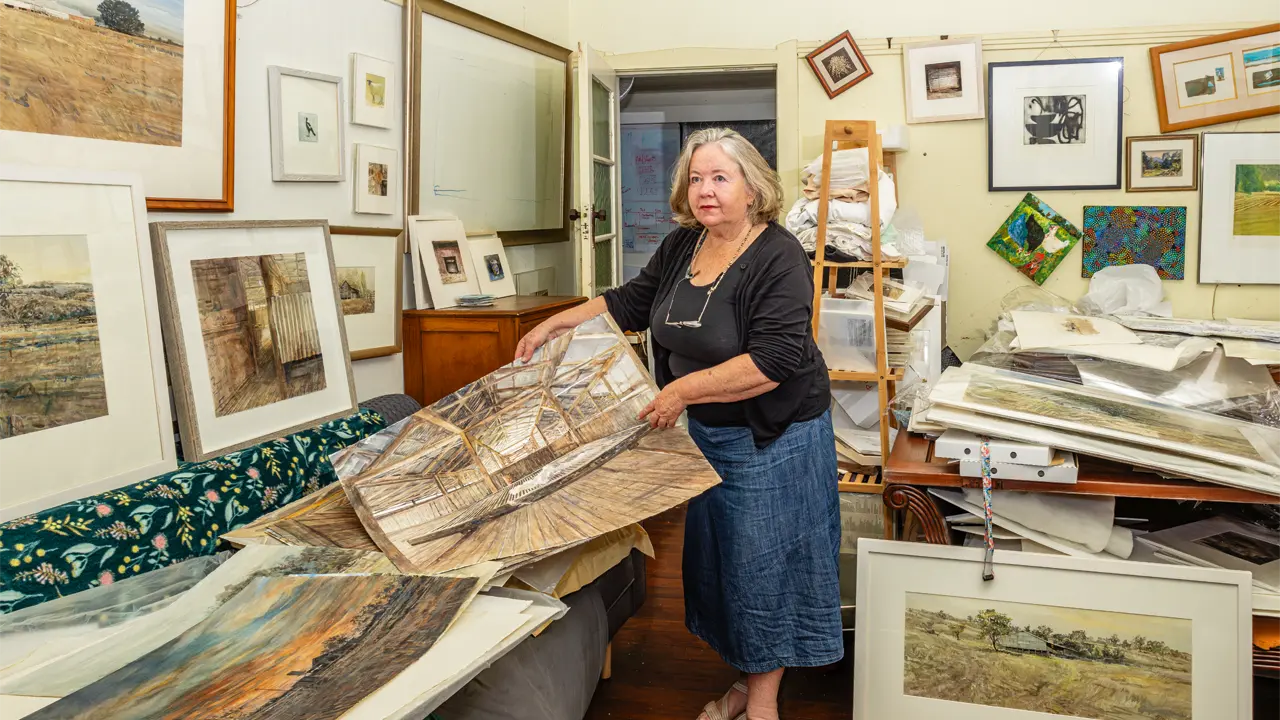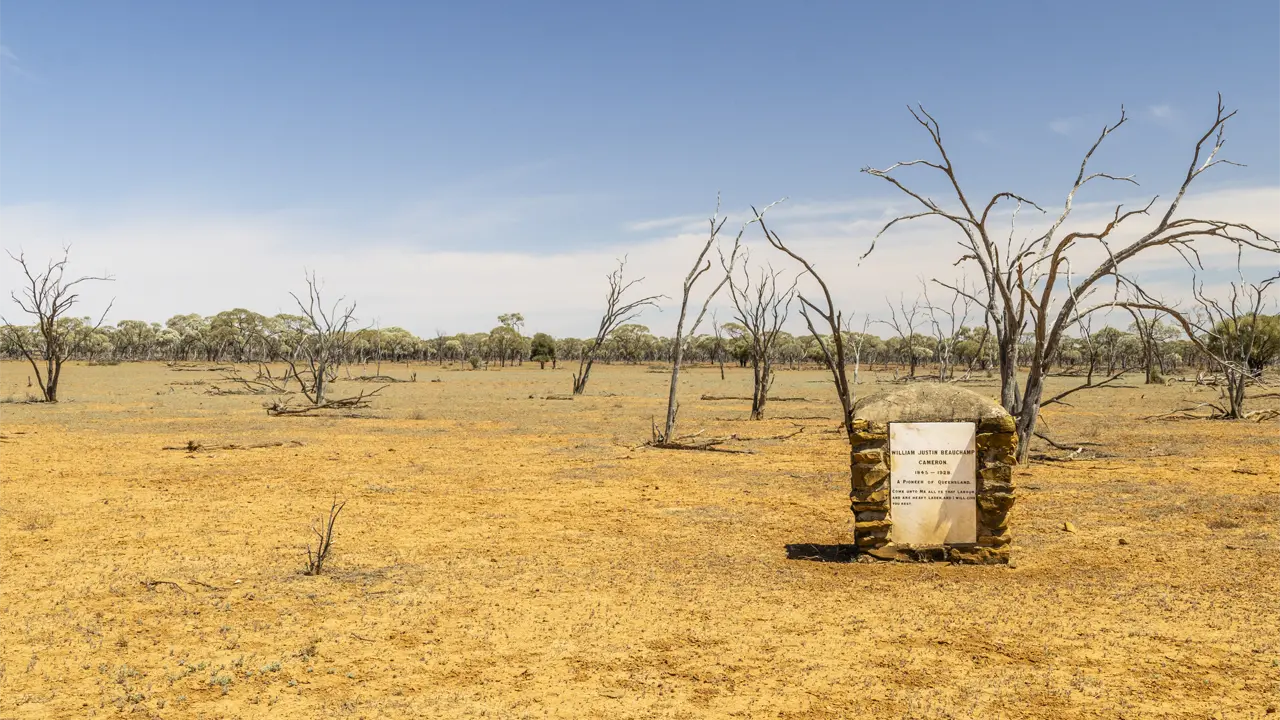Banjo Paterson blithely lumped the small New South Wales towns of Hay and Booligal in with Hell in his 1896 poem, but today might would need to rethink the association.
Story By John Dunn
Banjo Paterson wasn’t impressed all those years ago when he turned his attention to the seemingly never-ending plains that surround Hay in the western Riverina of New South Wales. He wrote a poem about this featureless stretch of saltbush, which is generally accepted to be the flattest region on earth.
Paterson titled it Hay and Hell and Booligal and he was scathing in his criticism, which was directed primarily at Booligal but included Hay and Hell, which suffered by association. He wrote, “People have an awful down upon the district and the town” and went on to lament, “There’s heat – no-one denies, and sand and dust and stacks of flies” and he concluded, “Oh, send us to our just reward, in Hay or Hell, but, gracious Lord, deliver us from Booligal”.
Now that was more than a century ago but so much has happened since that today Paterson might pen a much more positive verse. Hay, for a start, is a thriving place of 3500 people living in an attractive, tree-dotted town on the banks of the Murrumbidgee River. It’s a most pleasing oasis in the midst of undoubtedly dry and somewhat harsh surroundings that nonetheless support some of the nation’s finest Merino sheep flocks.
Grand old buildings have been lovingly preserved to reflect early Australian architecture at its best and five fine museums range from depictions of the shearing industry to the days of its World War II internment camps.
Residents are not fazed by anything that may have rubbed off on it from Paterson’s poem. In fact some have attempted to profit by plastering bumper stickers which ask, ‘Where the Hell is Hay?’
And that raises another question – where the hell is Hell? Paterson’s reference is debatable. There are a couple of thoughts on this. Some believe it refers to Hells Gate Station, a property midway between Hay and Balranald. Others maintain it means the area around the old One Tree Hotel midway between Hay and Booligal.
Gordon Paterson (no relation to the poet) owns the former, which he bought in 1966. “The official name was Richlands but it was always known as Hells Gate so I changed the sign at the entrance,” Gordon says. He is unsure of the name’s origin but suggests, “It might have been a nickname given by the shearers who had to deal with some seriously big Merinos.” James Paterson, Gordon’s grandson, thinks it might be because of the rutted roads that created considerable angst as they often caused wool bales to topple off the bullock wagons.
Today the property completely belies those descriptions. Comprising 13,350 hectares, it contains an extensive feedlot for 4400 export cattle as well as 650ha of irrigated pasture and grows 1000 tonnes of grain annually. If Banjo passed by Hells Gate today his opinion, and words, would no doubt have been different.
And this would surely be the case, too, if he travelled up what is now the Cobb Highway to Booligal. There, about halfway, is the One Tree Hotel – reborn from the days when it was a staging post for the coaches, which carried travellers and goods to Ivanhoe and Wilcannia and beyond as well as a watering hole for all the station people from miles around.
This story excerpt is from Issue #67
Outback Magazine: Oct/Nov 2009









